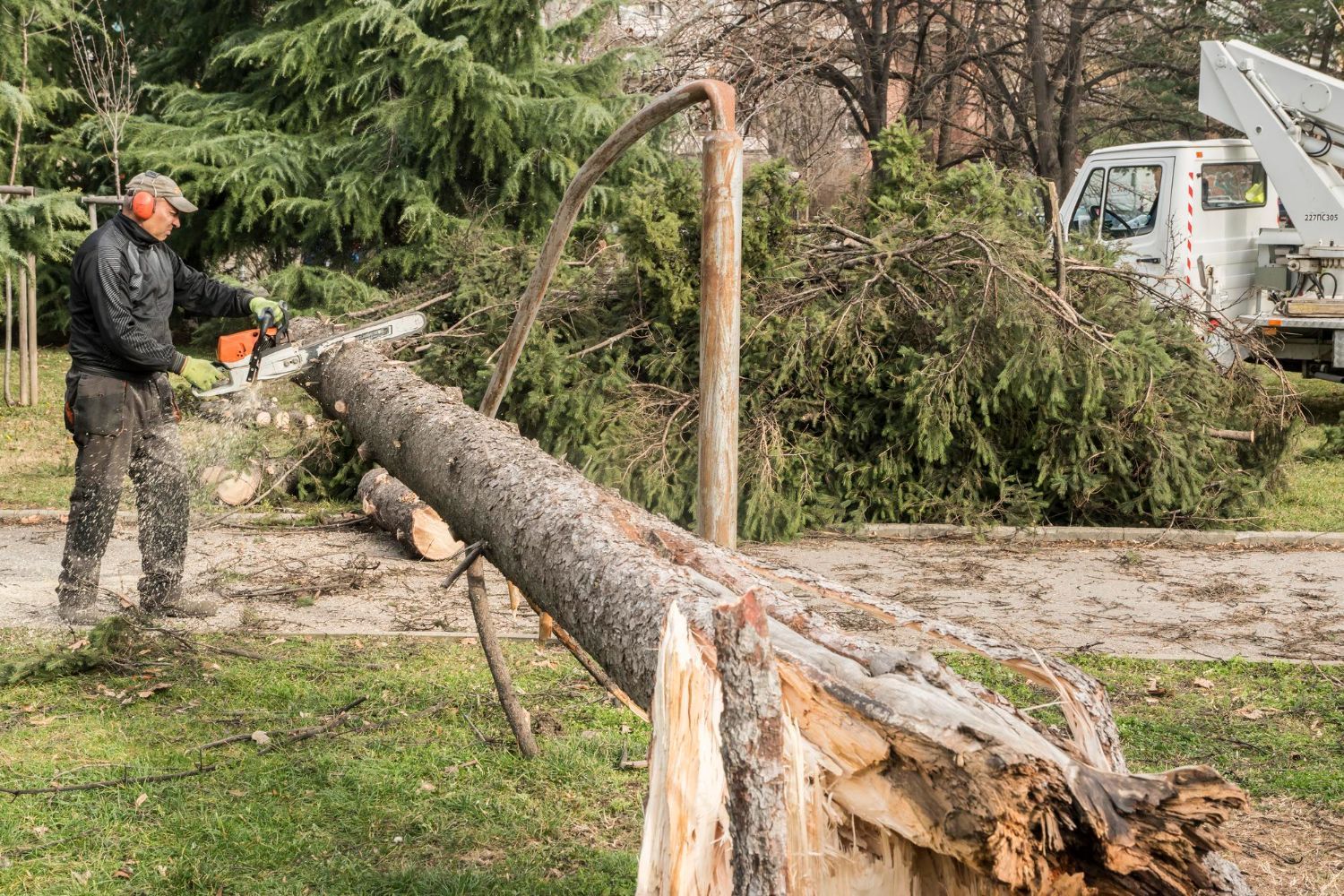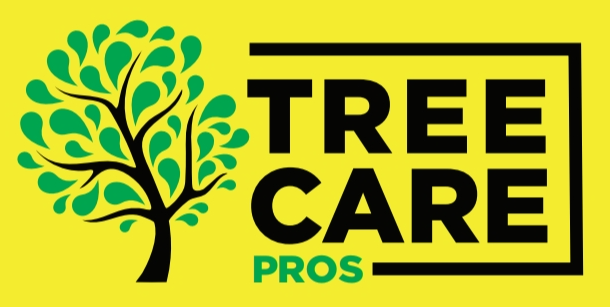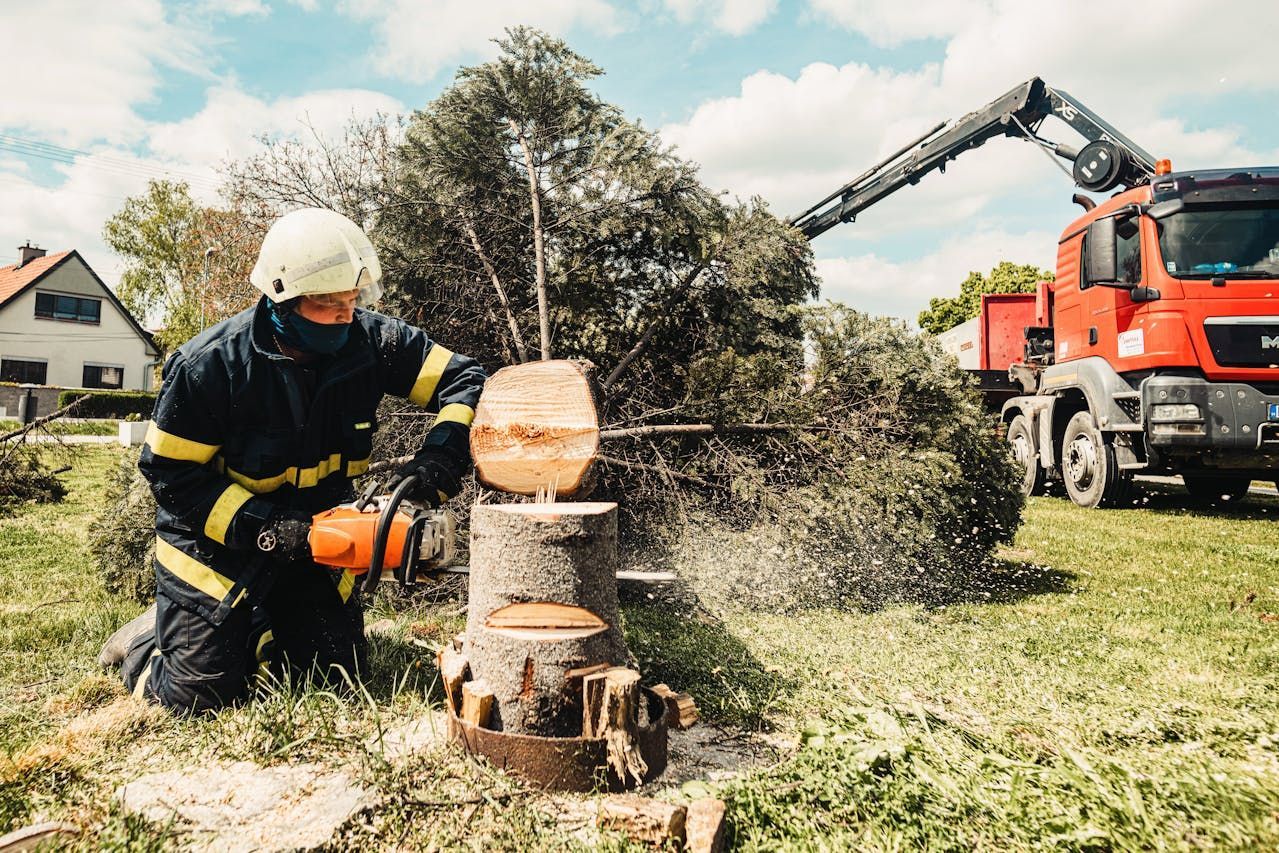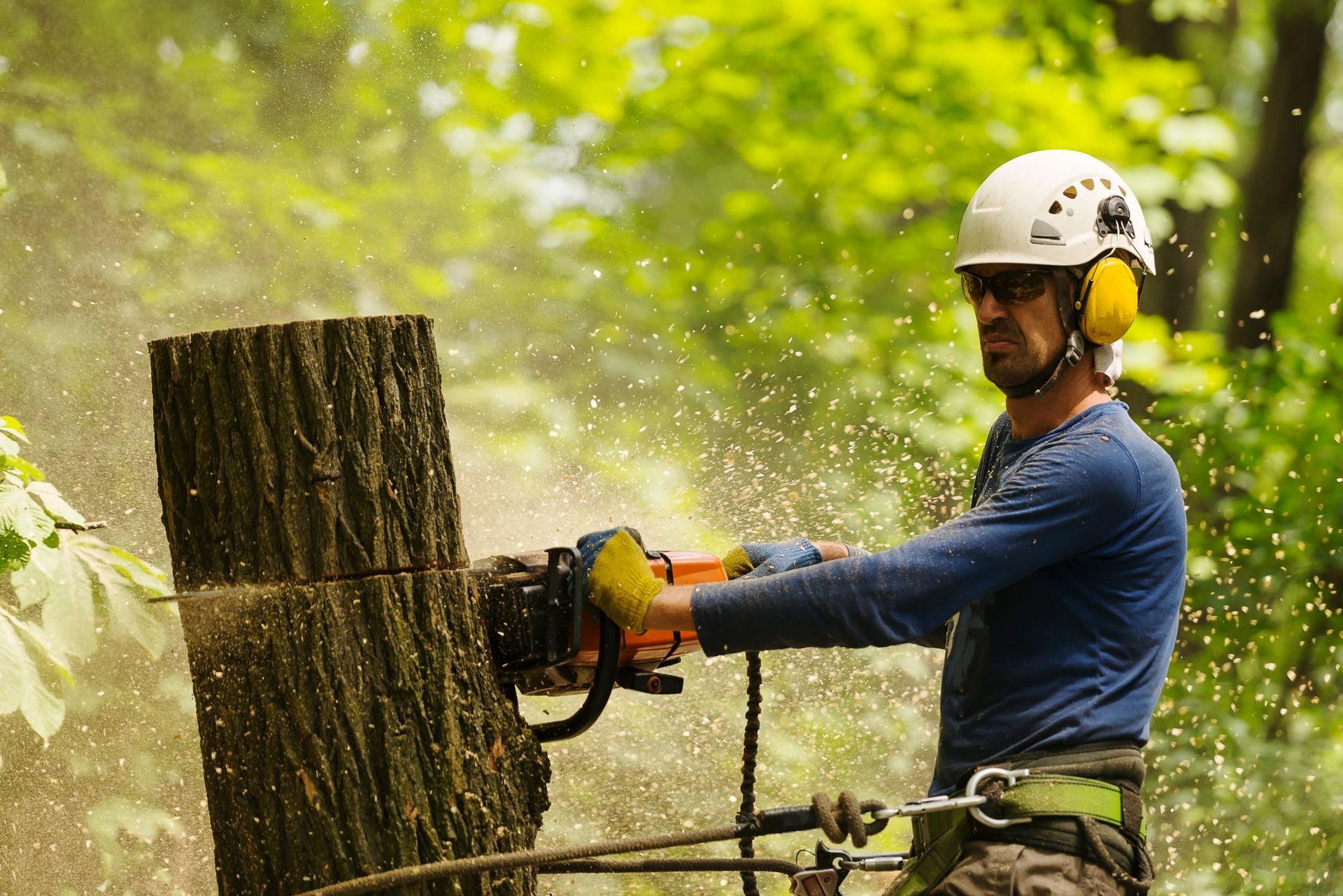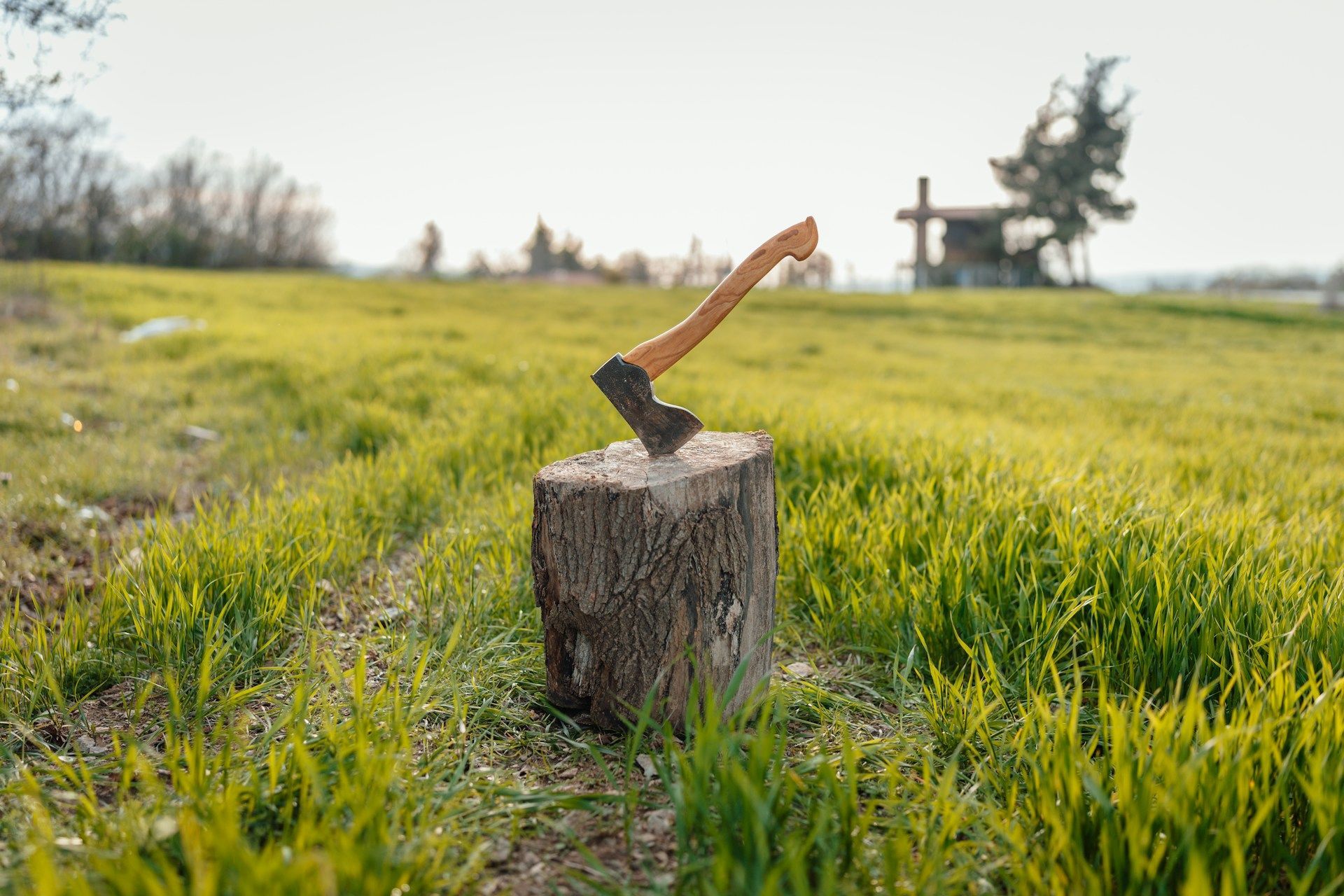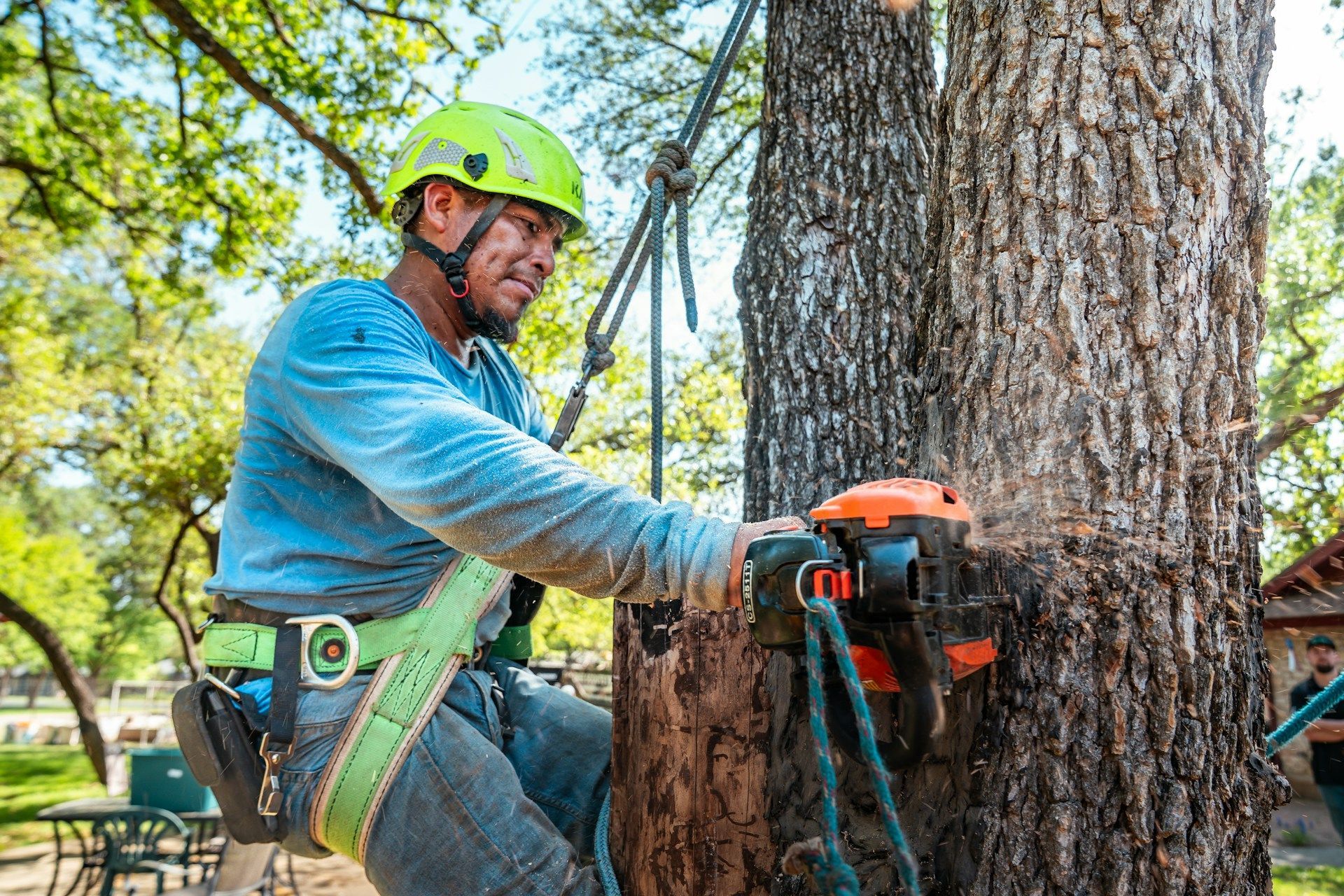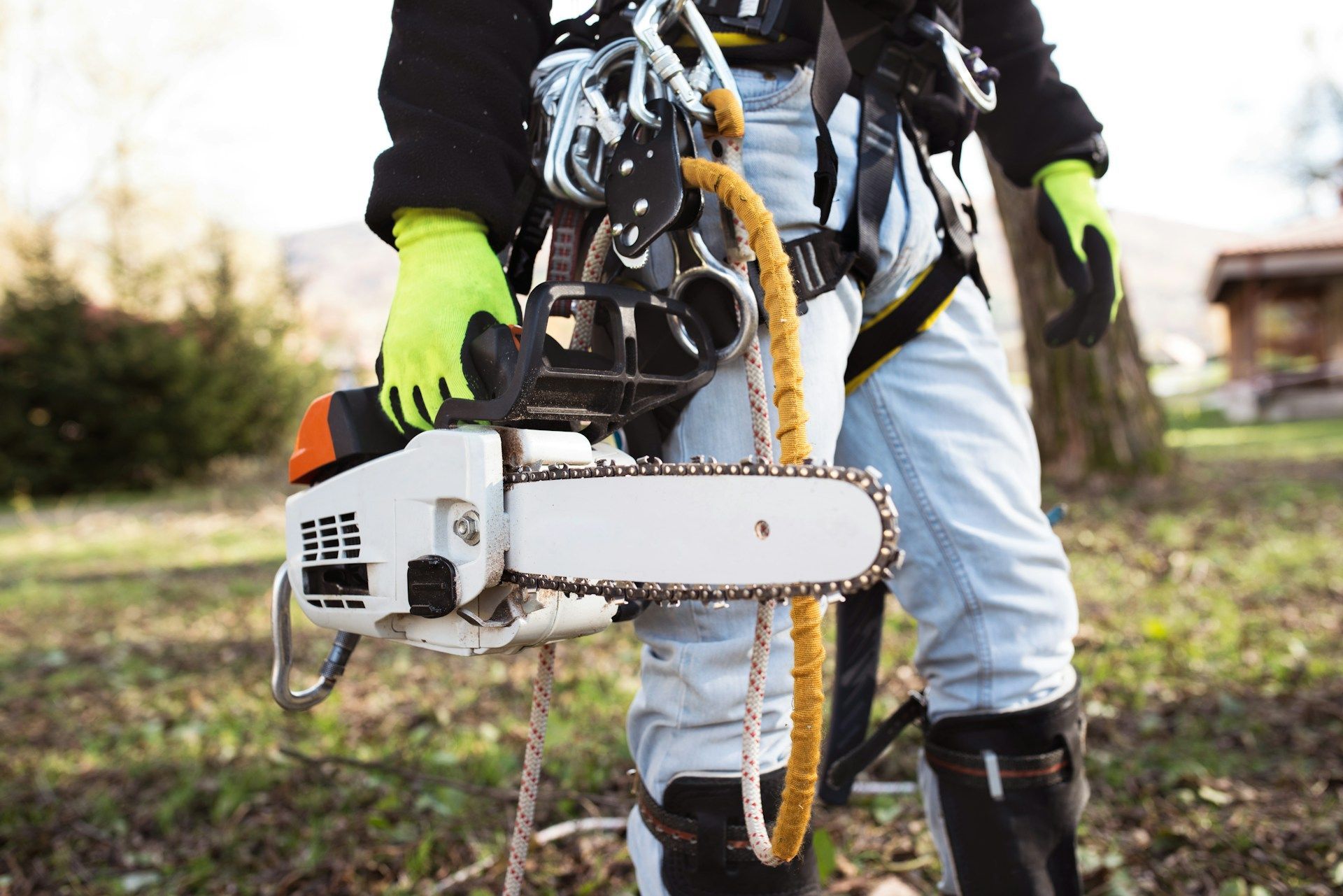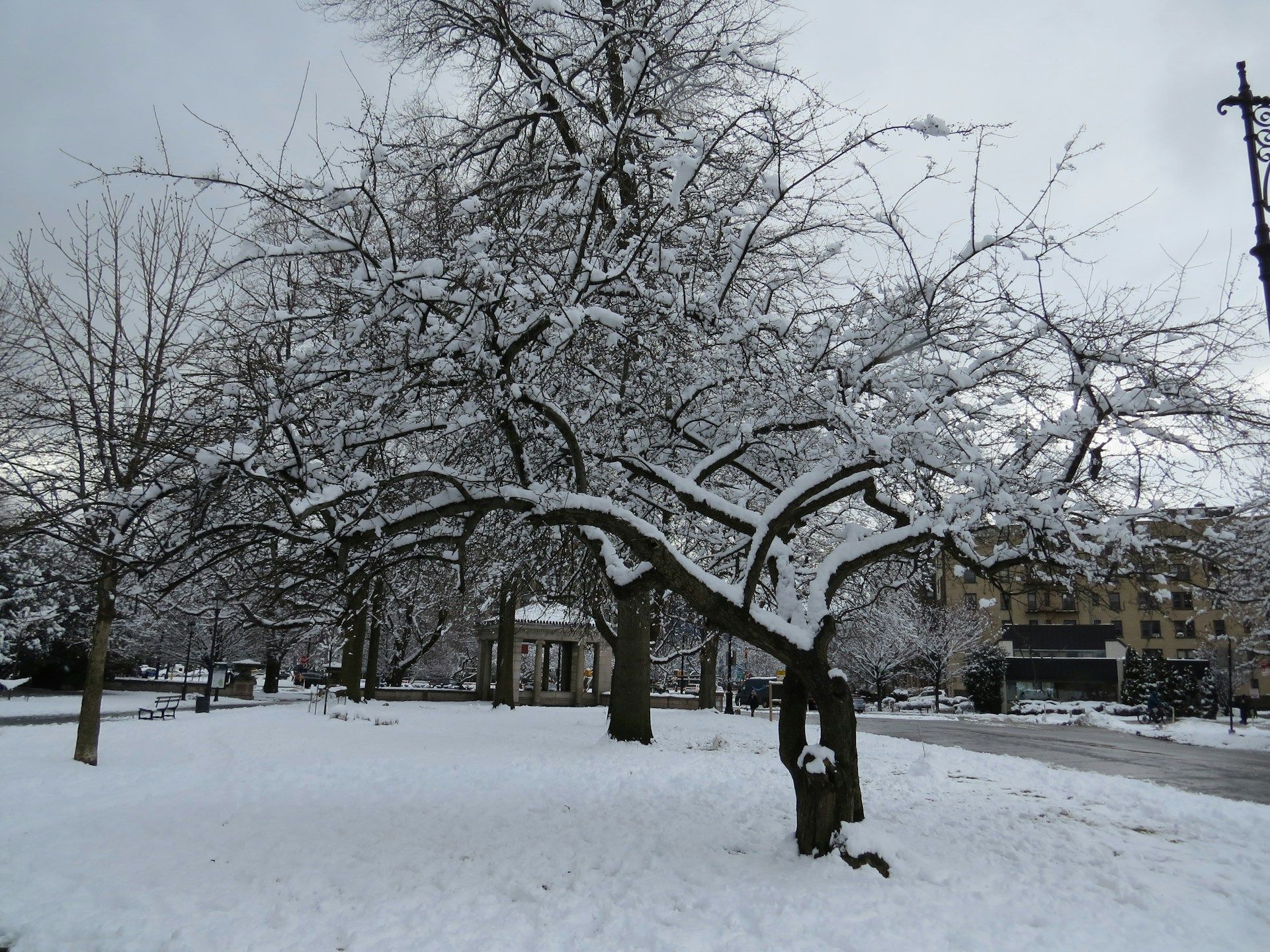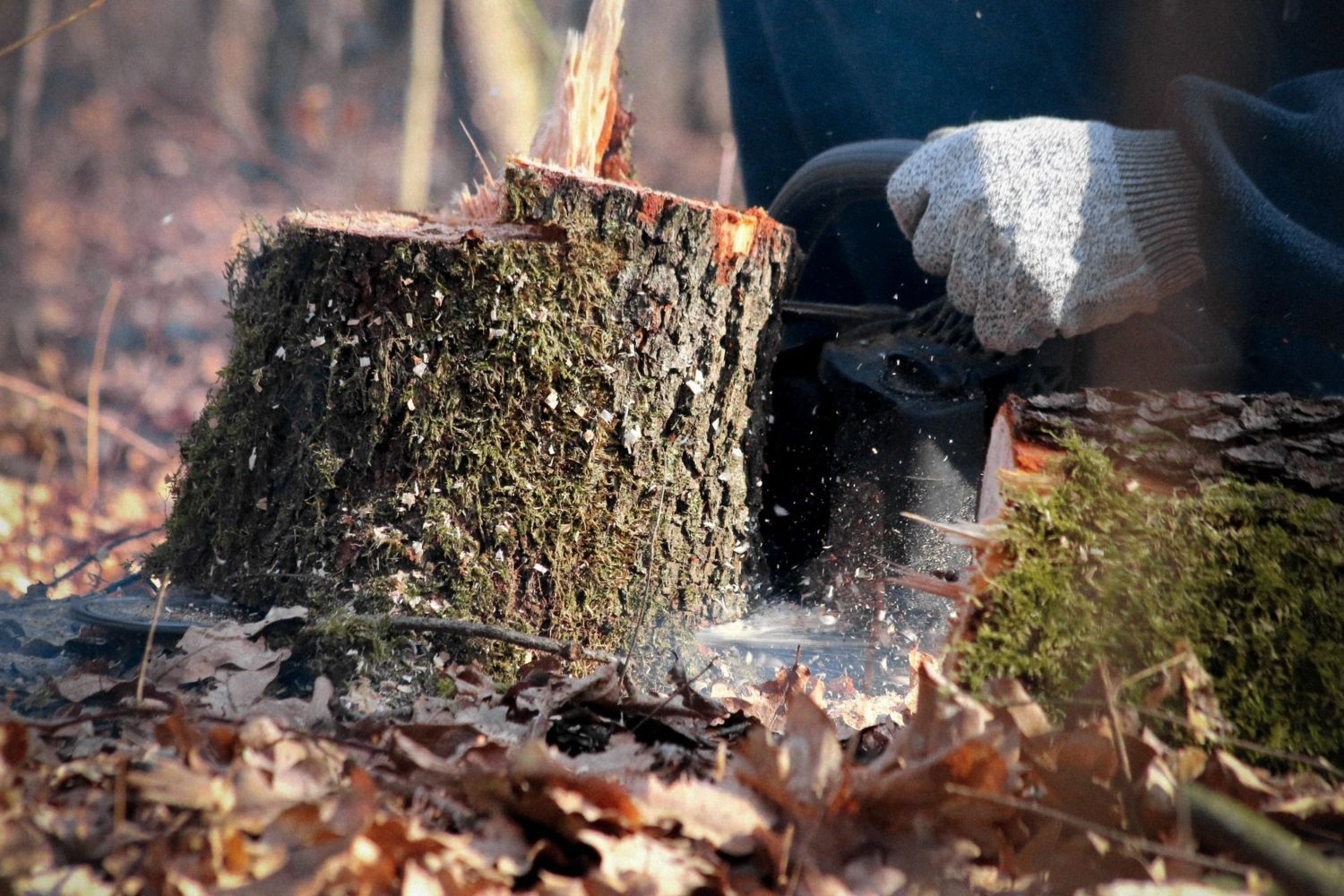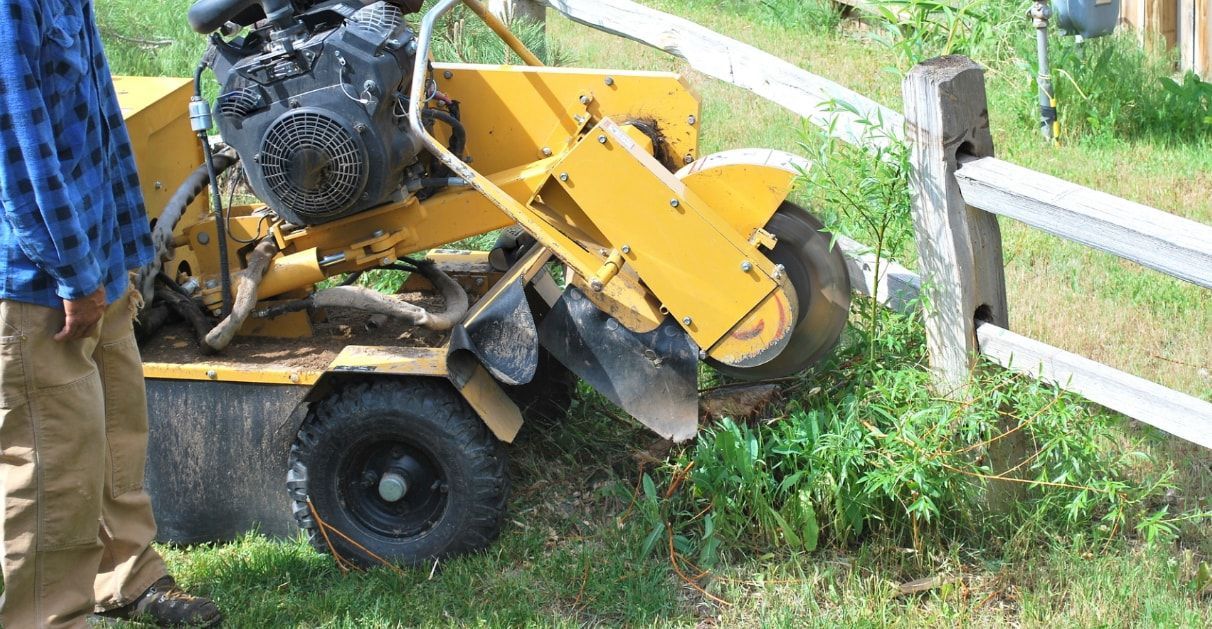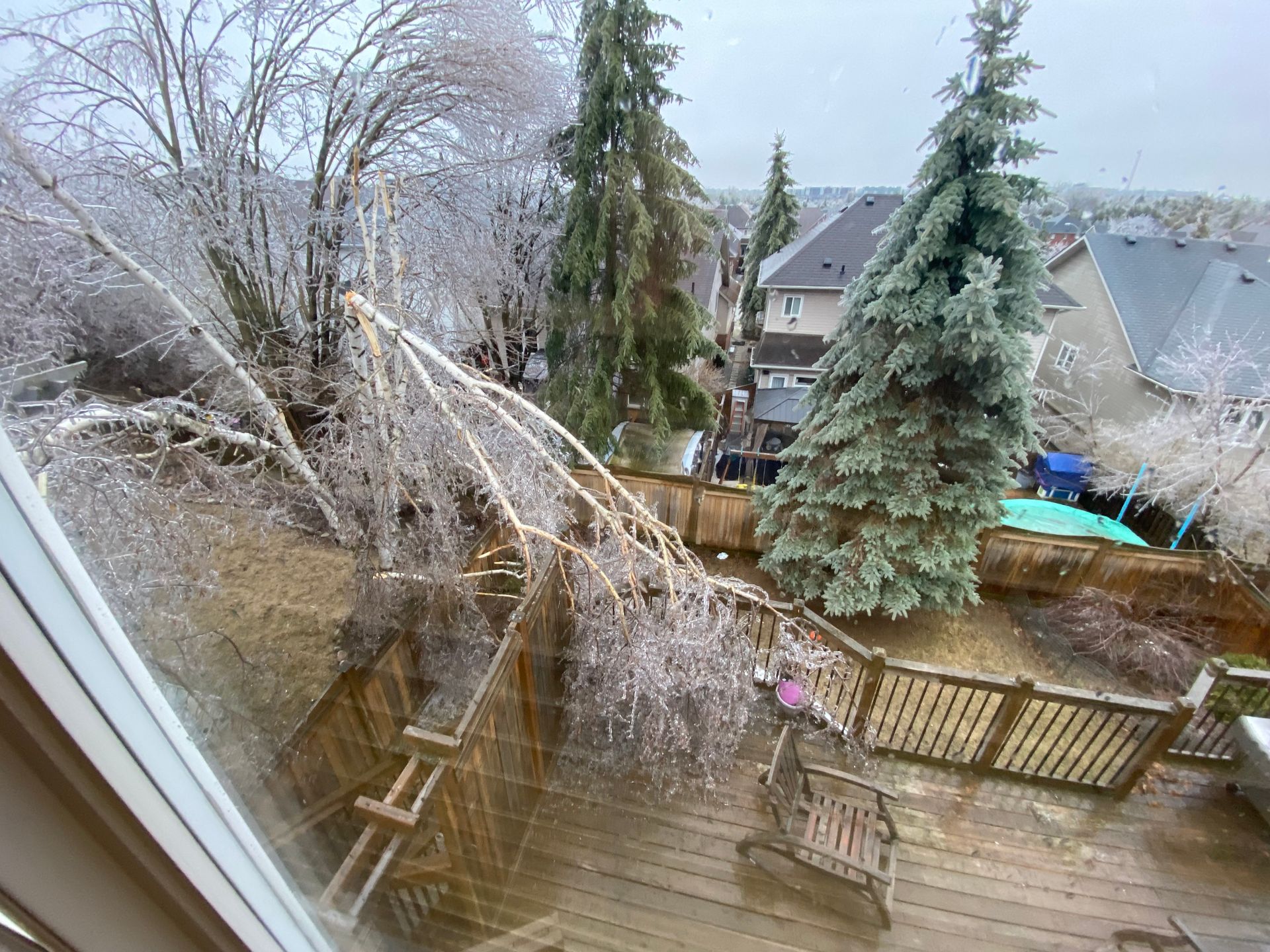How to Choose the Right Arborist in Barrie
Finding the right arborist in Barrie can feel like a daunting task, but it's a crucial step in maintaining the health and beauty of your trees. Selecting a qualified professional ensures that your trees will thrive, avoiding potential problems down the line. Many homeowners may not know where to begin, with concerns ranging from qualifications to understanding the specific needs of their landscape. This guide aims to help you navigate the process with confidence.
Choosing wisely means more than just hiring someone with a chainsaw. People often wonder if the arborist has the right skills, how experienced they are, and whether they understand local tree species. The decision can greatly affect the greenery on your property. Understanding these factors helps ensure that your trees get the care they deserve.
Qualifications and Certifications
When selecting an arborist, credentials speak volumes about their capability and professionalism. Proper qualifications ensure competence in tree care and safety practices. Recognized certifications demonstrate that the arborist has undergone rigorous training and testing. In Barrie, look for certifications like ISA (International Society of Arboriculture) or TCIA (Tree Care Industry Association) to confirm that the professional has the necessary skills.
Highly qualified arborists often carry additional credentials, indicating specialized knowledge. For instance, Certified Tree Risk Assessors are experts in identifying and mitigating potential tree hazards. Hiring someone with appropriate certifications assures you that your arborist is not just experienced but also adheres to industry standards. It's a simple yet effective method to filter through available options and find the one equipped to manage the unique challenges and beauty of Barrie's landscapes.
Experience and Expertise
When choosing an arborist, experience plays a pivotal role in quality service. A seasoned professional brings not just years but also diverse encounters with various tree scenarios. Evaluate an arborist's experience by considering their past projects. Ask for references or examples of work they've done in Barrie, especially those dealing with local tree species.
Another useful approach is to read customer reviews. Honest insights from previous clients can reveal whether the arborist consistently delivers quality service and if they're good at addressing customer concerns. If possible, consider scheduling a consultation. A reputable arborist should gladly offer advice and insights on your specific tree care needs. During a consultation, you can gauge their approach and understanding, ensuring they pay attention to detail and have a clear plan for your trees.
Services Offered
Different arborists might offer varied services, so it's important to ensure their offerings align with what you need. Here’s what to check for:
- Tree Pruning and Trimming: Regular pruning maintains tree health, prevents hazards, and enhances aesthetics.
- Tree Removal: The safe and efficient removal of trees, especially in tricky locations, is crucial.
- Disease Diagnosis and Pest Control: Expertise in detecting and managing conditions affecting tree health.
- Emergency Services: 24/7 availability during storms or unforeseen events can be vital.
- Consultations: Providing expert advice on maintaining or restoring tree health.
Ensure the arborist's services cover your requirements, from basic maintenance to emergency interventions.
Safety and Insurance
Safety is paramount when dealing with large trees, so it's essential that your chosen arborist practices the highest safety standards. Confirm that they use appropriate safety gear and equipment during all operations.
Ask if they have a comprehensive insurance policy. This protects both the arborist and you from potential liabilities in case of an accident. Ensure that insurance covers property damage and worker's compensation. Don’t hesitate to request proof of insurance coverage. A professional will have this ready for potential clients.
Inquire about their safety record and any measures they take to mitigate risks. A reliable arborist prioritizes safety, providing peace of mind while working on your property.
Making the Final Decision
When selecting an arborist, consider their qualifications, experience, services offered, and adherence to safety. It's wise to engage someone who resonates with your trust and understanding of tree care needs. Trusted professionals bring expertise and reliability, keeping your trees healthy and your space looking its best.
Taking the time to choose the right arborist ensures that your trees will thrive, adding value and enjoyment to your property. With informed decisions, you maintain beautiful, safe surroundings that enhance your home and community.
Finding a reliable arborist in Barrie can make all the difference in keeping your trees healthy and beautiful. Trust Barrie Tree Care Pros to help you with expert tree care services. For more information on maintaining your trees effectively, explore our tree maintenance services.
